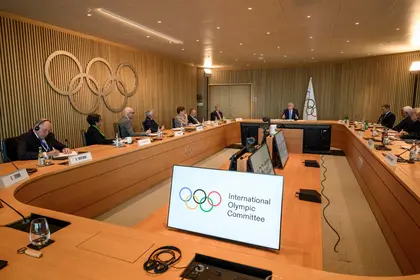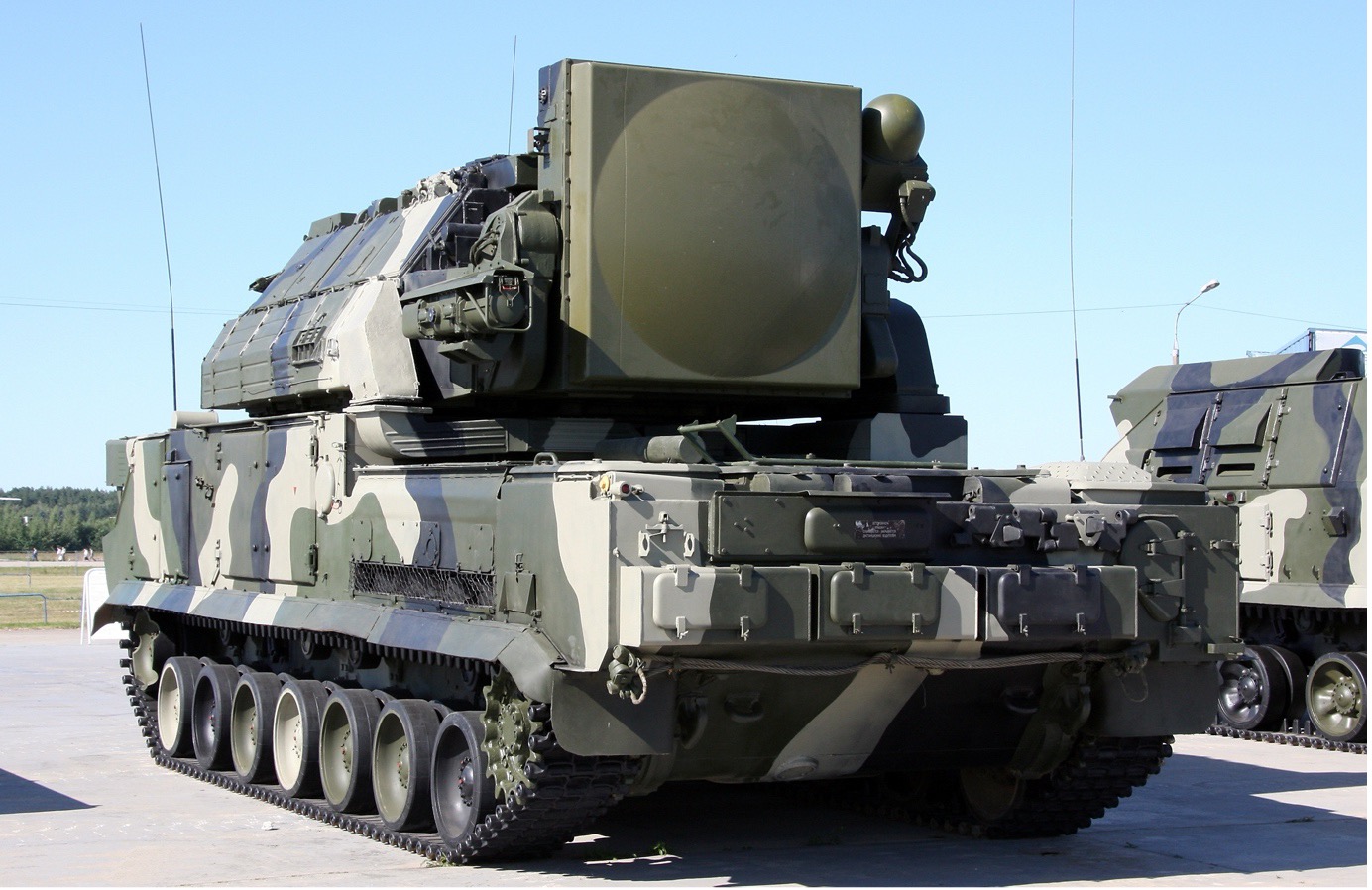Ukrainian athletes' human rights have "not been addressed" by IOC president Thomas Bach and a UN expert in weighing Russia and Belarus's readmission into global sports events, a leading authority on human rights says.
Patricia Wiater said "unfortunately" neither the International Olympic Committee (IOC) nor UN special rapporteur in cultural rights Alexandra Xanthaki had addressed protecting the rights of Ukraine's athletes.
JOIN US ON TELEGRAM
Follow our coverage of the war on the @Kyivpost_official.
Wiater was behind the German Olympic Sports Confederation's legal opinion justifying the ban on Russian and Belarusian athletes from international competition.
She spoke to reporters -- alongside Ukrainian and non-Ukrainian athletes -- following the IOC's recommendation on Tuesday to allow athletes from Russia and Moscow ally Belarus to compete as individual neutrals in upcoming international competitions.
They have been largely banned since Russia's invasion of Ukraine in February last year.
"The question is, are the proposed conditions of readmission enough to guarantee the human rights of Ukrainian athletes are being respected," Wiater said during the press conference via zoom.
"Are they proportionate and are they adequate to prevent (that) sporting events are abused for war propaganda," added the professor for Public International Law and Human Rights.
"Unfortunately, it was not addressed in the statement by the IOC nor by the special rapporteur but it is very important when we look at the question of readmission."
Ukrainian tennis player Lesia Tsurenko -- who pulled out of a match against Belarusian Aryna Sabalenka earlier this month due to a panic attack -- believes she and her compatriots feel they have been forgotten about.
Her remarks echo those of Poland's world number one Iga Swiatek, who has criticized the WTA for not doing enough to support Ukrainian players.
"Why is no one thinking about the discrimination of Ukrainians," said Tsurenko.
"We only hear of discrimination of Russians. What about the Ukrainians?"
Although the IOC has yet to decide whether Russians and Belarusians can compete at the 2024 Paris Olympics, their re-entry to international competition will allow them to qualify for the quadrennial sporting showpiece.
The fencing federation this month pre-empted the IOC recommendation by reopening its events to athletes from the two countries.
The decision prompted a hard-hitting letter by more than 300 past and present fencers accusing Bach -- himself an Olympic gold medal winning fencer -- and interim fencing federation president Emmanuel Katsiadakis of prioritising Russians over Ukrainians.
"Here, we are talking about life and not just about competing," German fencer Lea Kruger told the same press conference, dismissing the conditions given by the IOC for the Russians' return as "not enough".
- 'Propaganda' -
Ukrainian President Volodymyr Zelensky said at the end of last month that 228 athletes and coaches had been killed in the conflict.
There has been speculation of a boycott if the Russians and Belarusians are permitted to compete as neutral athletes at the Olympic Games.
Ukrainian fencing great Olga Kharlan -- who won Olympic team gold in 2008 -- said it was "unbelievable" that Russians might be at the Games but not athletes from Ukraine.
"We have to do everything we can to ensure that the Russians and Belarusians cannot go because of their actions and propaganda," the 32-year-old said.
"For me, as an athlete, of course, I would like to go.
"However, as a Ukrainian citizen it is tough to even imagine (being) sat next to them, to know that they are supporting the war or silent on it," she told reporters.
- 'Keep our careers alive' -
While there were warm words for World Athletics and its president Sebastian Coe for banning Russian and Belarusian athletes from competing, other sporting governing bodies were lambasted for their failure to match words with actions.
Ukrainian tennis player Marta Kostyuk said she was astonished by the WTA's response when she and her compatriots said they would not play Russian opponents.
"Their response was we will freeze your ranking and once the war is over you can return to competition," she said.
"This is ridiculous to hear. We have been feeling extremely discriminated against this past year by different organizations, the WTA, ATP and ITF," she added.
Kostyuk called for "basic fairplay rules" to be respected but added: "We will keep on playing because this is what we have to do to keep our careers alive and fight."
Tsurenko said she was surprised to hear Australian Open champion Sabalenka complain about being hated in the locker room due to the war.
"I think this is another game they are starting, now they are the victims, we are not," she said.
You can also highlight the text and press Ctrl + Enter



